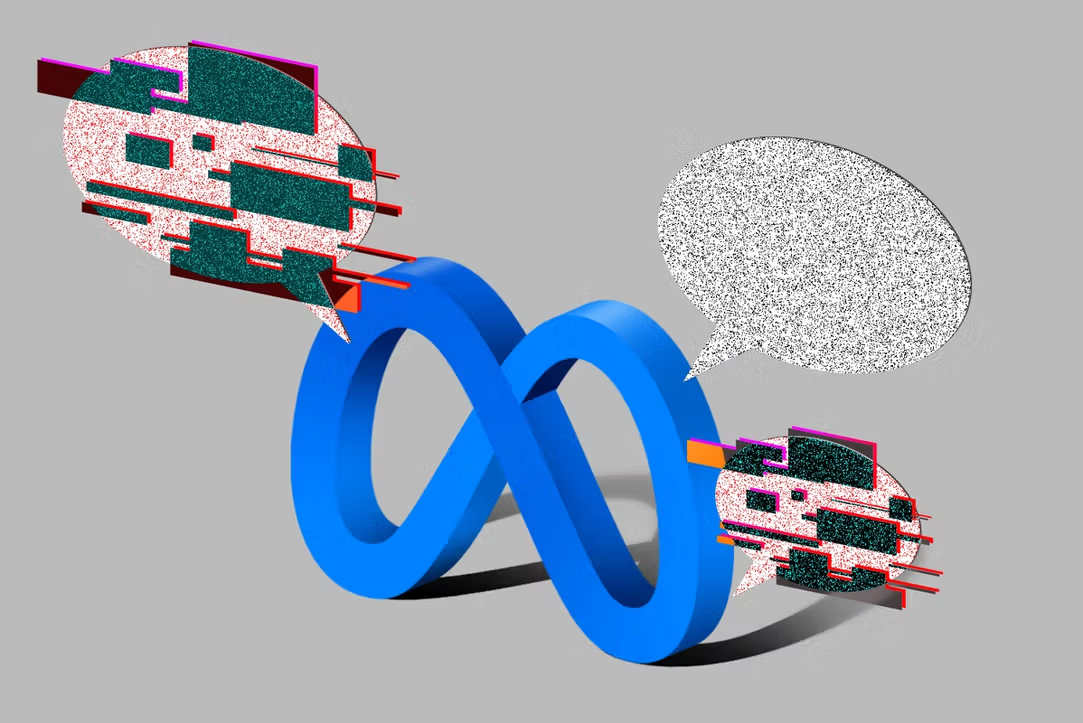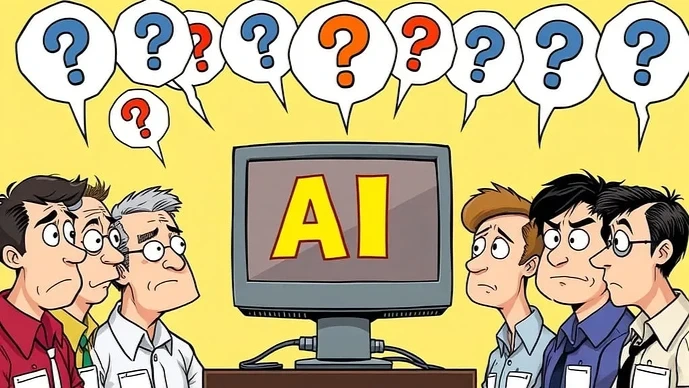While it is easy to take pot shots at Facebook for being an entity that is at the root of polarization today. However, the question merits closer scrutiny and remedies are not easily forthcoming.
Facebook as conceived facilitates connections to bring people together, and thereby have greater social control over the veracity information shared. It seems to have done the opposite – pushing groups apart and spreading misinformation. Why? Facebook would likely argue that it is not the cause of societal ills, but merely reflects them. While this might be true, the incredible reach of Facebook across its billions of users makes it a magnifier of any endemic conflict that might exist. So, if it is not a mirror, but a magnifier, how culpable is it? Let’s look at what “it” is.
Is Facebook as a key information source for many users like a newspaper or magazine that should be subject to journalistic standards and face libel laws if they do not? The platform is protected under Section 230 of the Communications Decency Act, based on the premise that they only host content and do not create it, making the content creator and not the platform liable.
Is Facebook simply a whiteboard? If it is, then whatever is shared on the whiteboard is the responsibility of the user, and community norms should regulate the content. They do not.
Is Facebook a public utility? Does it create a public good that can have broad benefit (and harm)? If so, like other public utilities is government regulation is needed to increase the benefit and decrease the harm.
The sticky issue exists because while Facebook has elements of all three, it can also be argued that it does not, which is why regulatory solutions are tricky. Facebook is not a newspaper because it does not create content. However, it does curate it – and curation essentially determines what users see. How do we regulate curation? Facebook is not a whiteboard, because it is not passive, but actively influences the content displayed. How do we regulate its active influence? Facebook is not a public utility, because it is owned by a private company with a profit motive. How do we regulate a company that profits from engagement? Different constituencies can subjectively weigh one role as more important than the other – resulting in disparate solutions. What is clearer is that we do have a problem of magnifying effects because of the tremendous scope of the platform, and it cannot continue without some intervention or change.
Whether it is curation, active influencing of content, or fostering engagement, at the root of the problem is the algorithms, and their lack of transparency. Facebook uses algorithms to influence content and offers very few insights or control to users over how these algorithms work. As a result, users are constantly providing Facebook with data that goes into a black box, resulting in curated content that is intended increase engagement which leads to ad revenues and thereby Facebook’s profitability. To regulate this complex machine that is constantly learning requires a deep holistic understanding. It is doubtful that such expertise exists in our legislatures. Understanding data provenance (laws governing user control of data) is one piece of the puzzle. Understanding how algorithms work and learn through data is another – and what aspects should be proprietary and what should be transparent? And who should be the arbiter of “truth” or “harm”? Monopolistic power through sheer size is another issue – what should be broken up and how or is Facebook just too big to reverse its network effects. And all this runs up against free speech. These lines are difficult to determine, and the issues are interdependent. So, besides the information asymmetry between Facebook and regulators, we also run into political philosophies regarding how much government intervention is needed. The polarization in politics today compounds the regulatory problem that is intended to reduce polarization. The irony.
So, we are in for a tedious process that will play out. Ultimately, we might agree that the better solutions do not lie in top-down regulation, but those that come from the bottom-up. Teaching consumers to be critical thinkers and thereby effective consumers of information could alleviate many of the problems. But, like I said, we are in for a long process. Hang on for the ride.









Leave a Reply